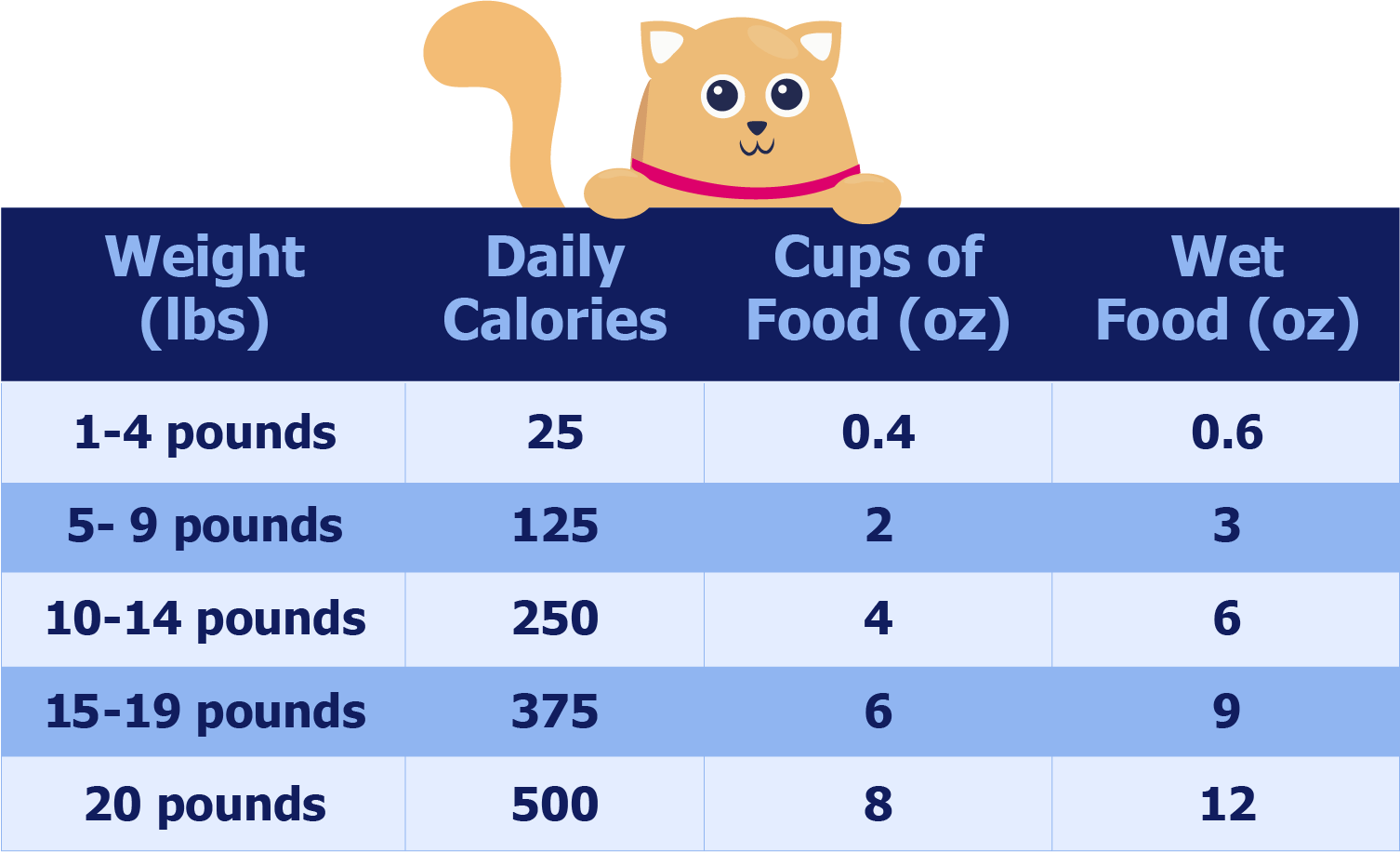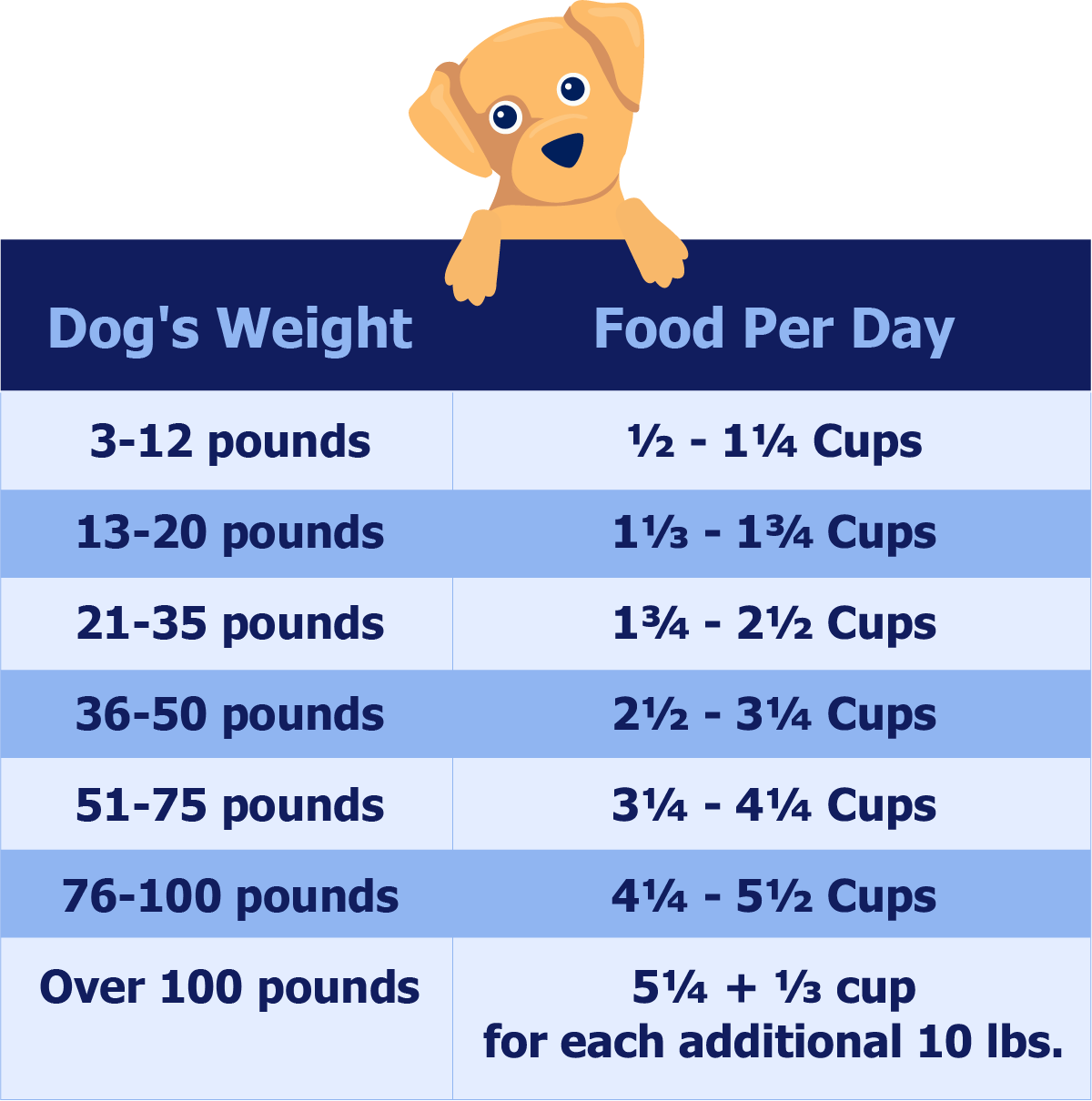Pet Wellness Care: The Absolute Ultimate Guide

Table of Contents
In this ultimate guide to pet wellness care, I'll draw from my extensive medical training and years spent caring for furry companions to provide an in-depth look at every facet of keeping your pet healthy and happy for as long as possible.
Being a veterinarian with over 16 years of experience, I've witnessed firsthand the profound impact of comprehensive wellness care on extending a pet's life and strengthening the incredible bond between pets and their parents.
So, let's begin with what pet wellness care entails and why it's so important.
What is Pet Wellness Care?
Pet wellness care is a proactive approach focused on preventing disease and maintaining optimal pet health through routine veterinary services and personalized care. Comprehensive pet wellness care aims to catch any potential health issues early when they are most treatable, avoid future problems, and give pets the best chance at a long, happy life.
Why is Pet Wellness Care Important?
Pet wellness care is important because it helps pets live longer, healthier lives by preventing diseases and injuries before they occur or catching them early when they are the most treatable. It avoids expensive treatment costs down the road, strengthens the human-animal bond by allowing more quality years together, and is simply the best way to ensure a pet's lifelong health.
Benefits of Wellness Care for Pets
Let’s break down the most impactful benefits of providing proactive wellness care for your pet:
1. Helps pets live longer, healthier lives
By staying ahead of potential health issues, we can help resolve or manage them before they progress into more significant problems that are harder and costlier to treat. Ultimately, this proactive approach allows pets to live longer, healthier, and higher quality lives.
2. Avoids expensive treatment costs down the road
Preventing health conditions through wellness care is far less expensive than treating advanced medical issues that could have been avoided. Routine exams, vaccinations, dental cleanings, and other preventative services may have upfront costs. Still, they pale compared to the veterinary bills for treating severe illnesses that develop without proper care.
3. Catches issues early before they become serious
Pets are masters at masking signs of illness or injury until they become unbearable. With regular wellness exams and diagnostic screening tests, we can detect subtle changes or abnormalities that may be the first indicators of an underlying health problem.
Catching issues in these earliest stages gives us the best chance at successful treatment or management.
4. Strengthens the human-animal bond
Perhaps most importantly, keeping your pet healthy through wellness care allows you to enjoy a more active life together and many happy, healthy years together.
The Main Aspects of Pet Wellness Care
Pet wellness is a multi-faceted combination of services and practices, including:
-
Routine veterinary exams and vaccinations
-
Parasite prevention and dental care
-
Proper nutrition and weight management
-
The importance of exercise, training, and enrichment
Pet Development and Growth
As a pet parent, understanding your furry companion's developmental milestones and life stage needs is crucial for providing proper care. A pet's nutritional, training, and health requirements evolve from birth through the senior years.
- Puppy developmental stages and milestones
- Kitten developmental stages and milestones
- Nutritional needs by life stage
- Importance of socialization and training
- Preparing for changes in the senior years
Core Pet Vaccinations
Vaccinations are a vital component of preventative healthcare for pets. They help protect against dangerous and potentially deadly illnesses and diseases.
- Puppy and dog vaccination schedules
- Cat and kitten vaccination schedules
- Core vaccine types and what they prevent
- Booster shot requirements for adult pets
- Lifestyle/risk-based vaccination recommendations
Regular Veterinary Wellness Exams
Routine wellness exams enable your veterinarian to establish a baseline for your pet's health and catch any emerging issues early.
- Recommended frequency based on age/breed
- What happens during a comprehensive exam
- Importance of routine screening tests
- How wellness exams strengthen the pet and pet parent bond
- Preparing for a home vet visit
Bloodwork and Diagnostic Tests
Diagnostic testing, in addition to hands-on exams, gives veterinarians a more complete picture of your pet's overall health.
- Purposes of bloodwork, urinalysis, fecal exams
- Early disease detection through diagnostics
- Recommended diagnostic tests
- Establishing baseline values for future reference
Parasite Prevention and Control
Protecting your pet from internal and external parasites is essential to wellness care. By providing your pet with timely preventative medications, they can avoid attracting and contracting parasites that cause diseases.
- Risks of fleas, ticks, heartworm, and other parasites
- Importance of year-round prevention
- Safe and effective prevention products
- How to detect and treat parasite infestations
Proper Nutrition and Weight Management
Proper nutrition and maintaining an ideal weight are key to your pet's overall health and longevity. Understanding the best practices for feeding your pet can help reduce any gastrointestinal problems they may develop.
- Interpreting pet food labels and ingredients
- Calculating calorie needs by breed, age, and activity level
- Recognizing signs of obesity and its related health risks
- Healthy weight loss strategies for overweight pets
How Much Should I Feed My Pet?
View Results
How Much Should I Feed My Pet?
For guidance on your pet’s nutrition and optimal weight, schedule a home or virtual vet visit.
For guidance on your pet’s nutrition and optimal weight, schedule a home or virtual vet visit.

Share Quiz
Exercise and Physical Activity
Regular exercise and physical activity provide numerous health benefits for pets. Getting your pets up and moving is crucial for helping them avoid a sedentary lifestyle.
- Exercise needs based on breed, age, and energy level
- Physical and mental benefits of adequate exercise
- Appropriate exercise for different life stages
- Games, sports, and activities to keep pets active
Dental Hygiene
Maintaining good oral hygiene is critical for preventing painful dental disease and other systemic issues in pets. Taking care of your pets’ oral health can improve their quality of life and avoid long-term problems.
- Periodontal disease in cats
- Dental care for dogs
- Signs of dental problems to watch for
- At-home teeth brushing techniques
- What to expect from professional dental cleanings
Behavior and Training
Positive reinforcement training strengthens the bond with your pet and helps to prevent behavior issues. Plus, a well-trained pet allows for many more adventures and interactions with friends!
- Benefits of training for obedience and manners
- Addressing common behavior problems
- Keeping pets mentally stimulated and enriched
- Preparing for new life stages like puppyhood
Grooming and Nail Care
Routine grooming is essential for your pet's hygiene, skin health, and comfort. Keep them looking their best and feeling comfortable and itch-free.
- Breed-specific grooming requirements
- How to brush and bathe your pet at home
- Importance of regular nail trims
- When to seek professional grooming services
Spaying and Neutering
Spaying or neutering your pet is one of the most important preventative health measures you can take as a responsible owner. These routine surgeries provide tremendous medical benefits while also addressing overpopulation issues.
- The health advantages of spaying and neutering
- Determining the appropriate age for the spay/neuter procedure
- What to expect when preparing for your pet's surgery
- Postoperative care and recovery instructions
- Myths and misconceptions about spaying/neutering
Pet Identification and Safety
Ensuring your pet's safety and identification if lost is a top priority. A microchipped pet can help give you peace of mind, knowing it can be found and returned if it strays too far.
- Importance of microchipping and ID tags
- Creating a pet emergency preparedness plan
- Common household hazards and toxins
- Tips for pet-proofing your home and yard
Are You a Pet Safety Expert?
1. Which one of the plants below is toxic to cats if ingested?
2. Which of the foods below is generally considered safe for your dog to eat?
3. Above what temperature is too hot to leave a pet in your car?
4. Which kind of leash is the safest to walk your dog?
5. True or False: If a medication is safe for humans, it is probably safe for pets.
6. What should you do if you think your pet ate something toxic?
View Results
Are You a Pet Safety Expert?
1. Which one of the plants below is toxic to cats if ingested?
2. Which of the foods below is generally considered safe for your dog to eat?
3. Above what temperature is too hot to leave a pet in your car?
4. Which kind of leash is the safest to walk your dog?
5. True or False: If a medication is safe for humans, it is probably safe for pets.
6. What should you do if you think your pet ate something toxic?
Share Quiz
Caring for Senior and Geriatric Pets
As pets age, their health needs evolve. Make sure to provide the proper care for their age, health status, and lifestyle.
- Senior dog care
- Senior cat care
- Nutritional and exercise changes for seniors
- Recognizing and managing common geriatric conditions
- Promoting mobility and environmental enrichment
- Making homes safer and more accessible
Pet Wellness Plans and Insurance
Keep healthcare costs in check with a monthly subscription to a pet wellness plan and a pet insurance policy. These payment plans can minimize unexpected spikes in veterinary bills.
- What pet wellness plans cover, and typical costs
- How pet insurance works and choosing a policy
- Pros and cons of wellness plans vs. insurance
- Preparing for expected and unexpected veterinary expenses
Conclusion: Prioritizing Your Pet’s Well-Being
Comprehensive pet wellness care is based on a holistic approach encompassing nutrition, exercise, mental stimulation, and preventive healthcare measures. By keeping your pet’s wellness priorities top of mind, you've taken a significant step towards supporting your furry companion's optimal health and happiness.
Your veterinarian is a valuable partner, offering expertise to navigate your pet's unique needs. A well-cared-for pet can add immeasurable joy, companionship, and unconditional love to your life. Embrace the responsibility of being a pet parent wholeheartedly, and your pet will reciprocate with a lifetime of loyalty and affection. Prioritize their well-being, and your bond will continue to flourish.
Get Your Pet’s Health Checked Out at Home
Say goodbye to stressful vet visits and hello to a comfortable wellness exam in your pet's favorite spot.
Frequently Asked Questions
What is the difference between pet wellness care and a sick visit?
Pet wellness care involves regular check-ups, vaccinations, and preventive measures to maintain health, while a sick visit addresses specific illnesses or injuries when your pet shows symptoms needing diagnosis and treatment.
What are the key indicators of good overall health in my pet?
Key indicators of good health in your pet include a shiny coat, clear eyes, clean ears, normal appetite, regular bowel movements, steady weight, active behavior, and clean teeth with fresh breath.
Which health problems can wellness care prevent?
Wellness care can prevent dental disease, obesity, parasite infestations, infectious diseases, skin and ear infections, and chronic conditions like diabetes and kidney disease through early detection and preventive measures.
How often should you schedule a wellness exam?
Schedule a wellness exam at least once a year for most pets. Senior pets or those with chronic health issues may need check-ups every six months for closer monitoring.
How do I safely introduce new wellness products or routines to my pet?
Introduce new wellness products or routines gradually, one at a time, and monitor your pet's reaction. Consult your veterinarian, follow product instructions, and observe for any adverse reactions.
Does pet insurance cover wellness visits?
Some pet insurance plans offer wellness coverage as an add-on, covering routine care like vaccinations and annual exams. Check your policy details or speak with your provider for specifics.
How can you reduce pet wellness costs?
Reduce pet wellness costs by investing in pet insurance with wellness coverage, practicing good at-home care, keeping up with routine vaccinations, shopping around for services, and using discounts or promotions from veterinary clinics and retailers.







